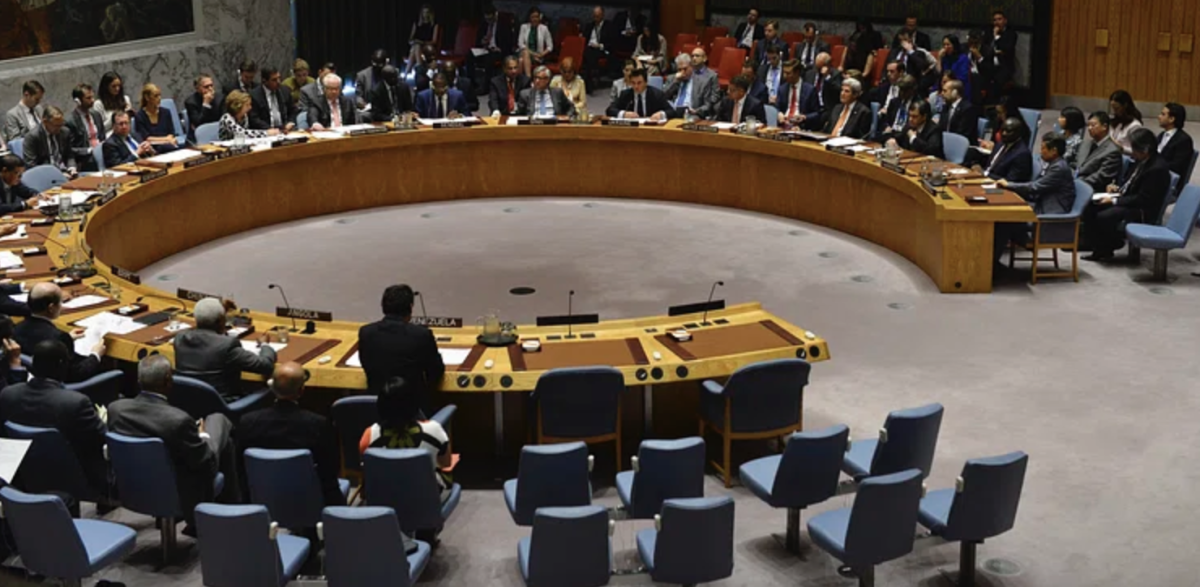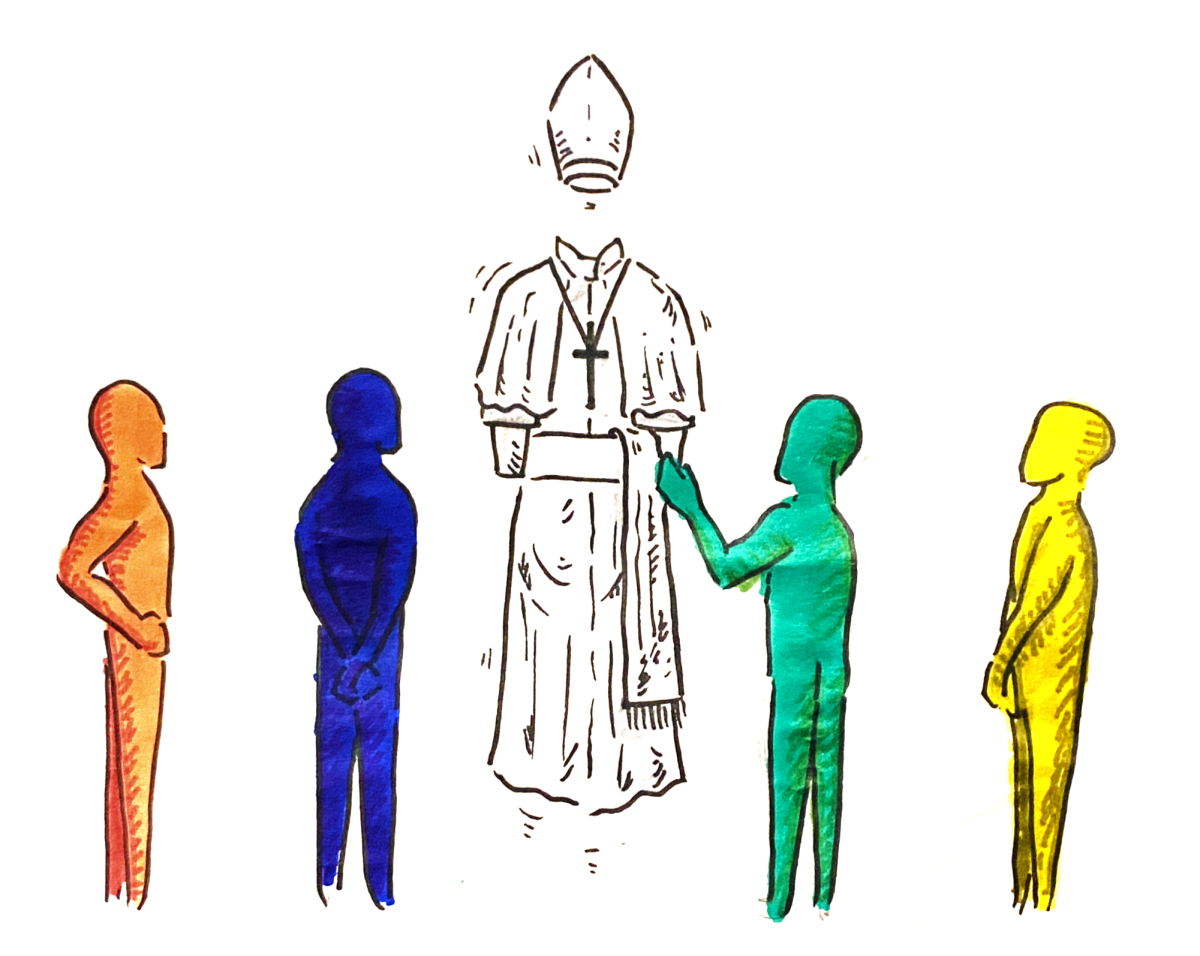The era of relative global peace in the wake of the Cold War is ending. To prevent global conflict, the United Nations must rein in belligerent nations. However, we must reform the Security Council (S.C.)to achieve the organization’s goal of international security.
The S.C., one of the six principal organs of the United Nations, is responsible for admitting new members to the U.N. and approving changes to its charter. To promote international peace and security, the council can authorize resolutions to enact sanctions on individual nations, establish peacekeeping operations, and authorize military action.
The S.C. has maintained the same structure since its establishment in 1945. It consists of fifteen members, five of which are permanent. The other ten are elected for two-year terms based on geographic region. The permanent five members are the United States, the United Kingdom, France, Russia (formerly the Soviet Union), and the People’s Republic of China (whose seat was formerly held by the Republic of China).
According to the U.N. Charter, all substantive matters of the S.C. require nine out of fifteen members’ vote to pass. However, any negative vote by a Big Five nation vetoes a proposal.
Efforts at achieving global peace and security have been blocked repeatedly over the years by Big Five nations furthering their own national interests. Throughout the Cold War, S.C. members frequently abused their veto power to benefit their own country’s political and military agendas, failing to take significant action in the face of conflicts such as the 1968 Soviet Invasion of Czechoslovakia, the Vietnam War, and the Soviet-Afghan War.
As of May 2022, Russia/U.S.S.R. has used its veto power 121 times, the U.S. 82 times, the U.K. 29 times, China 17 times, and France 16 times. Most recently, all resolutions addressing the Russo-Ukrainian War and Israel-Hamas war have been vetoed, which has prevented the U.N. from intervening. This destroys the U.N.’s purpose of fostering global peace and security.
If the U.N. wants to avoid the legacy of the League of Nations, which was unable to prevent WWII, checks and balances must be put in place to restrain the power of the Big Five in the S.C.
Creating a three-fourths majority requirement for overturning a singular veto from the Big 5, as well as adding members from the currently unrepresented continents of Africa and South America would achieve this goal.
The Big 5 ought to recognize the legitimacy of each nation’s interests and engage in finding solutions for them. Global cooperation and mass public support will be needed to create change.







